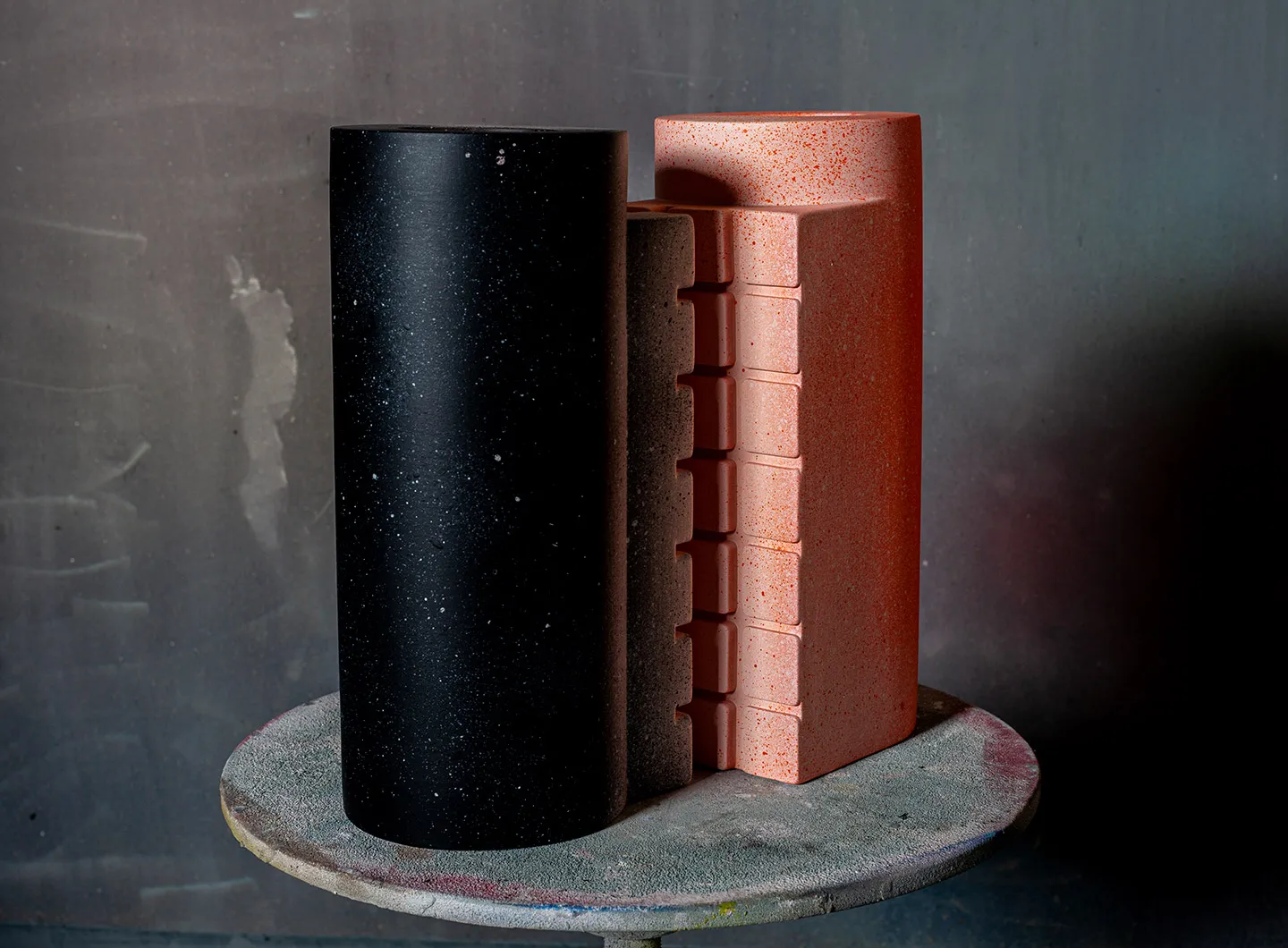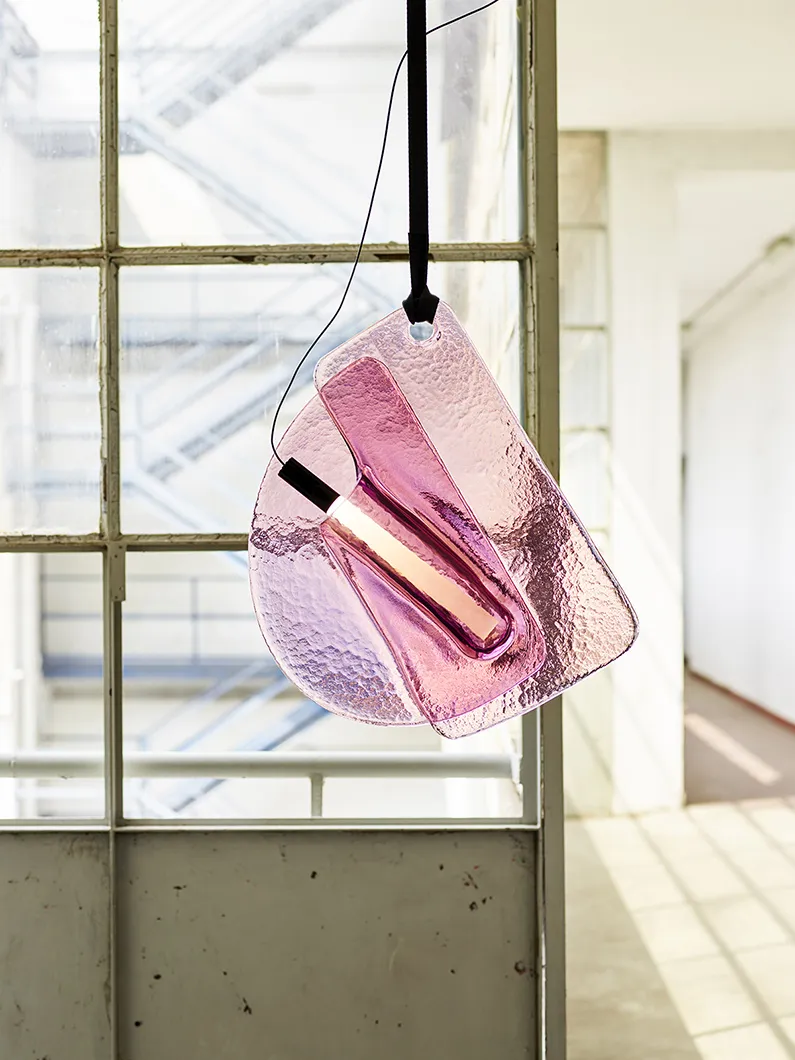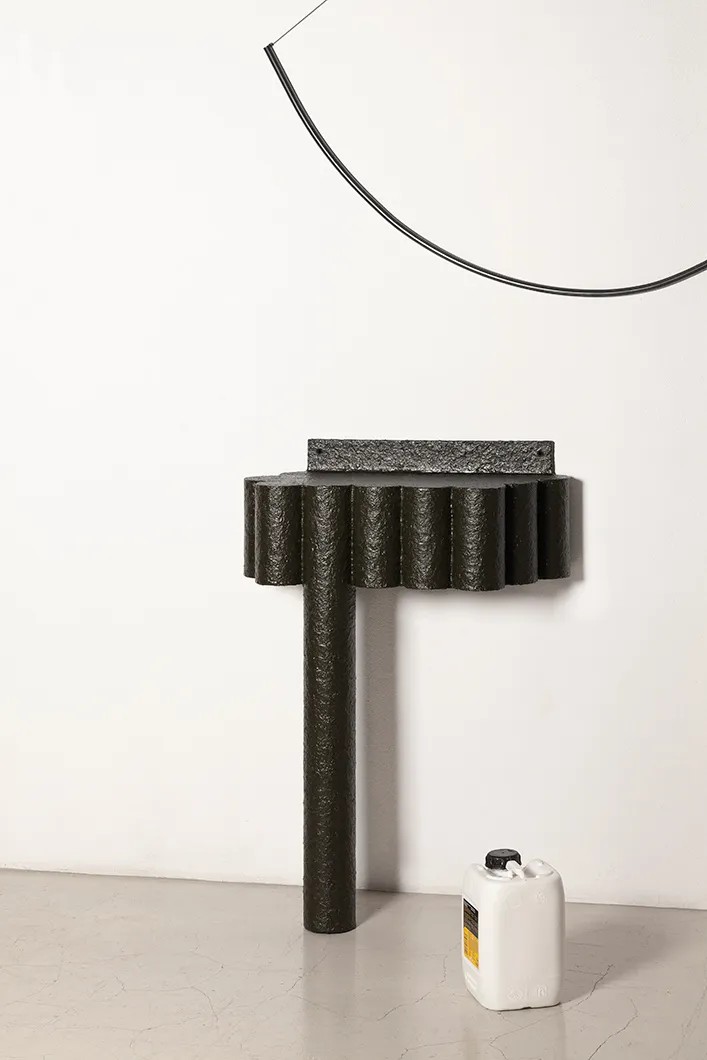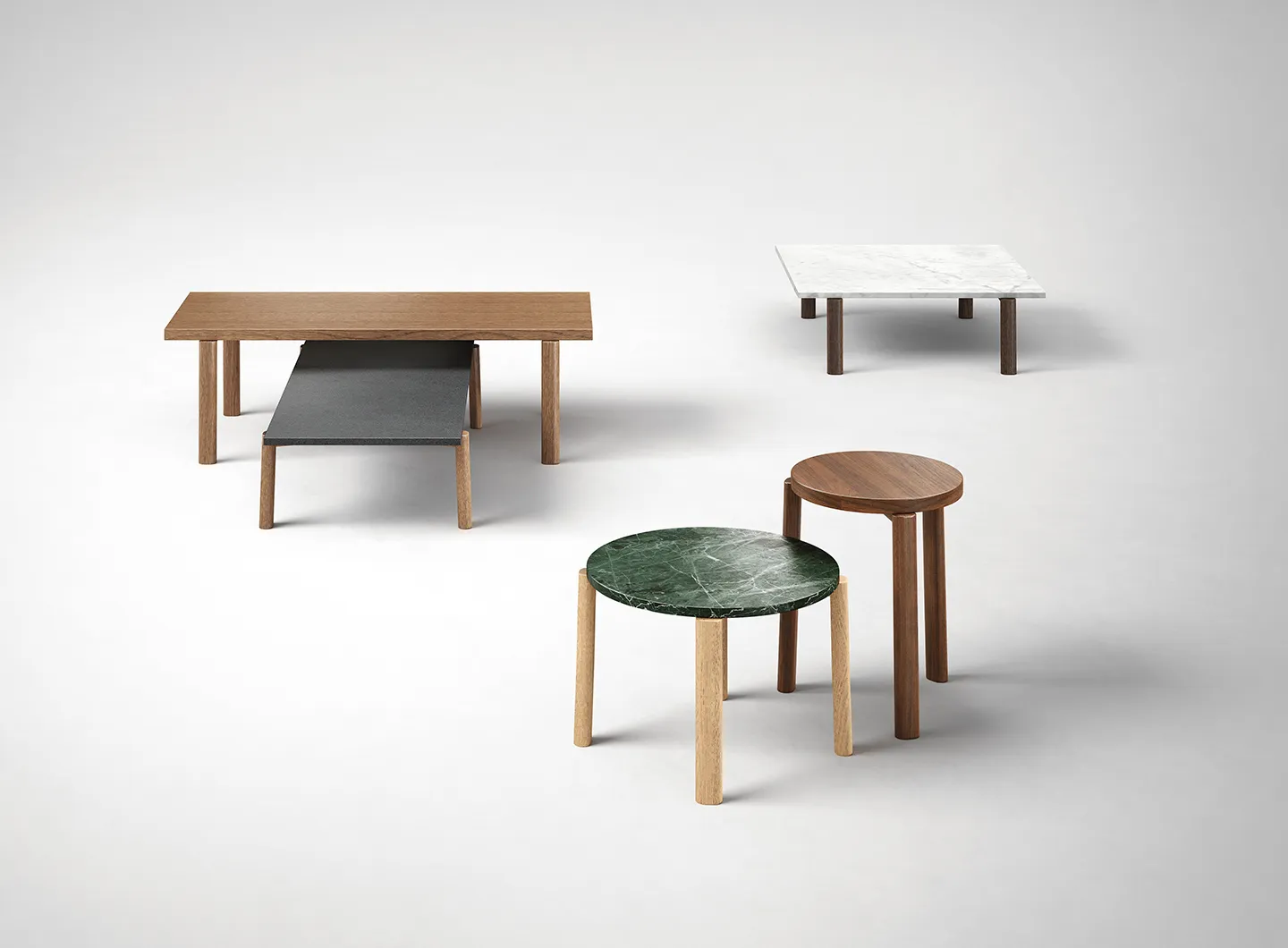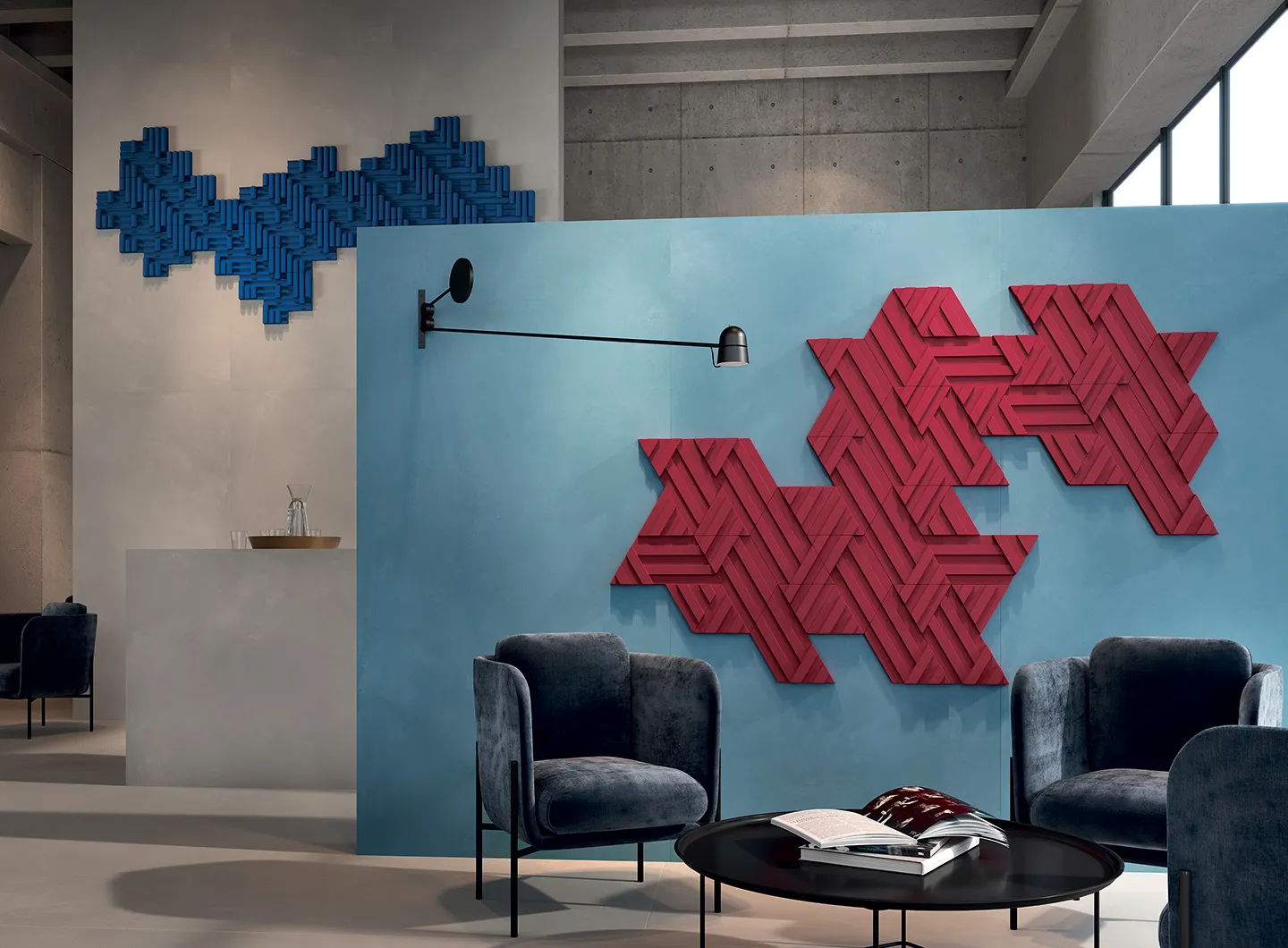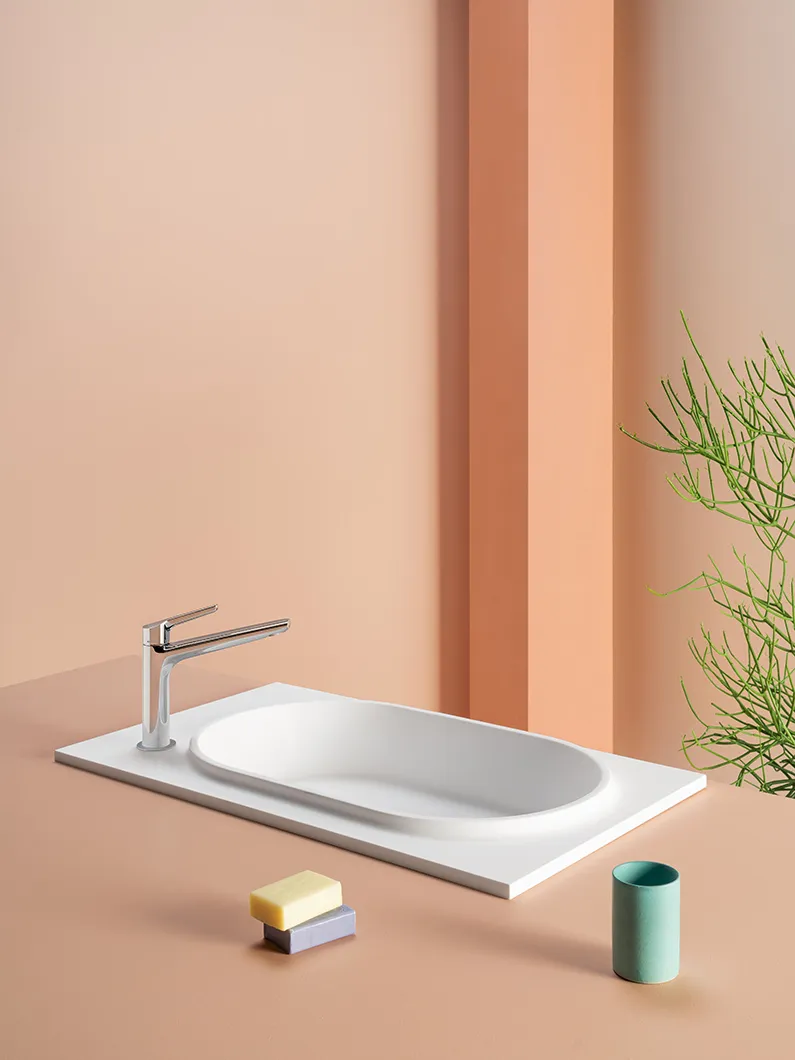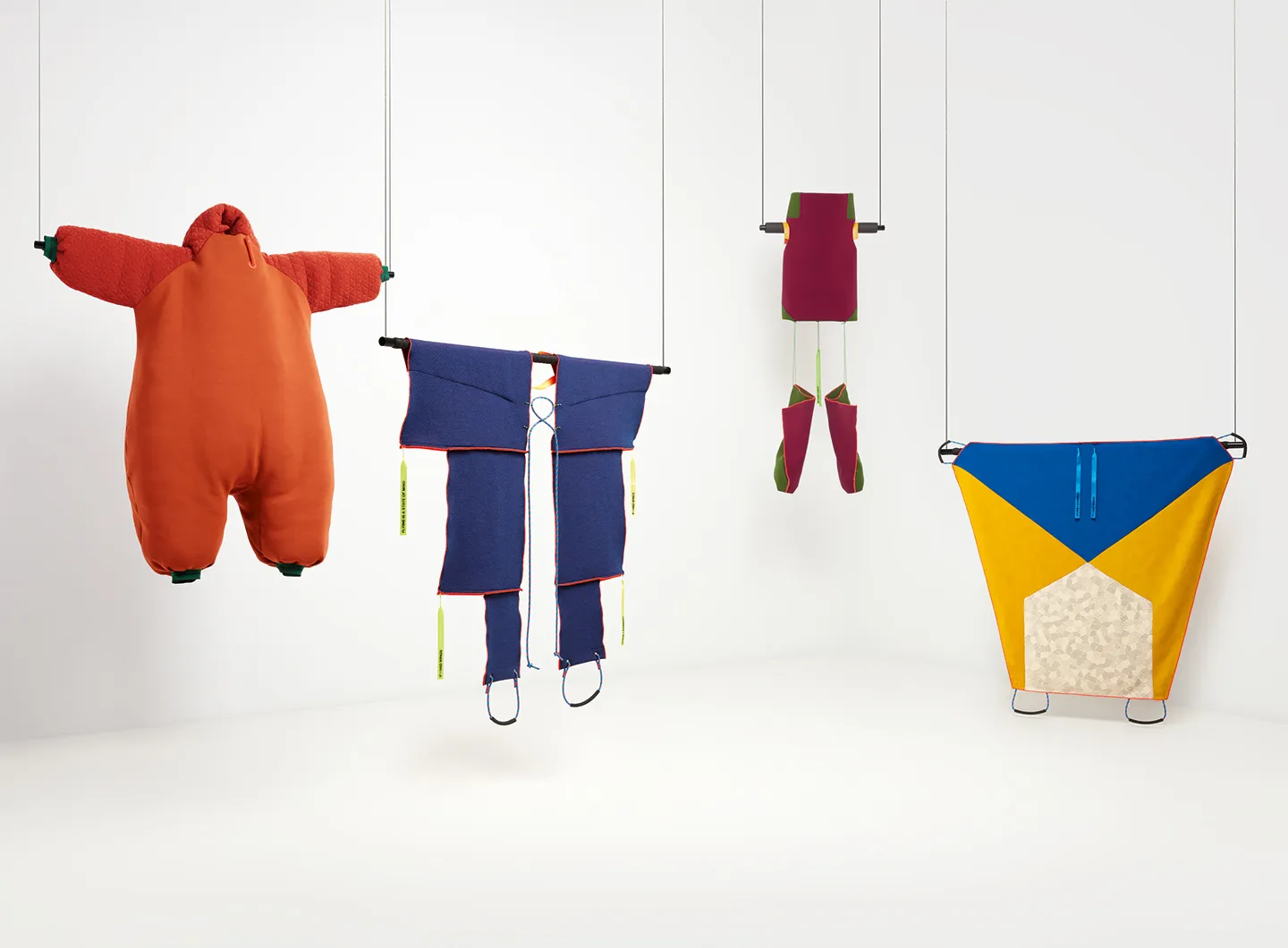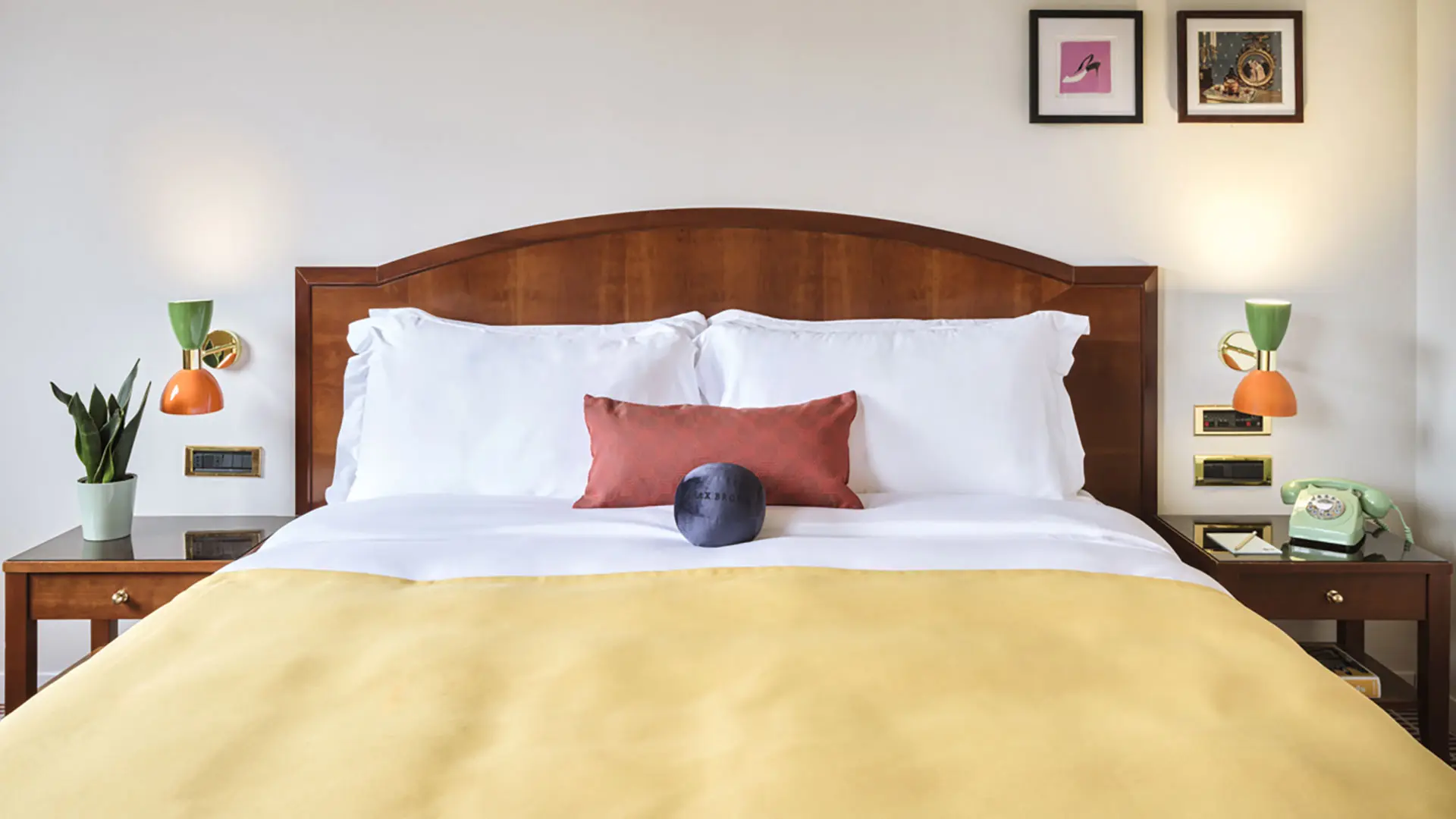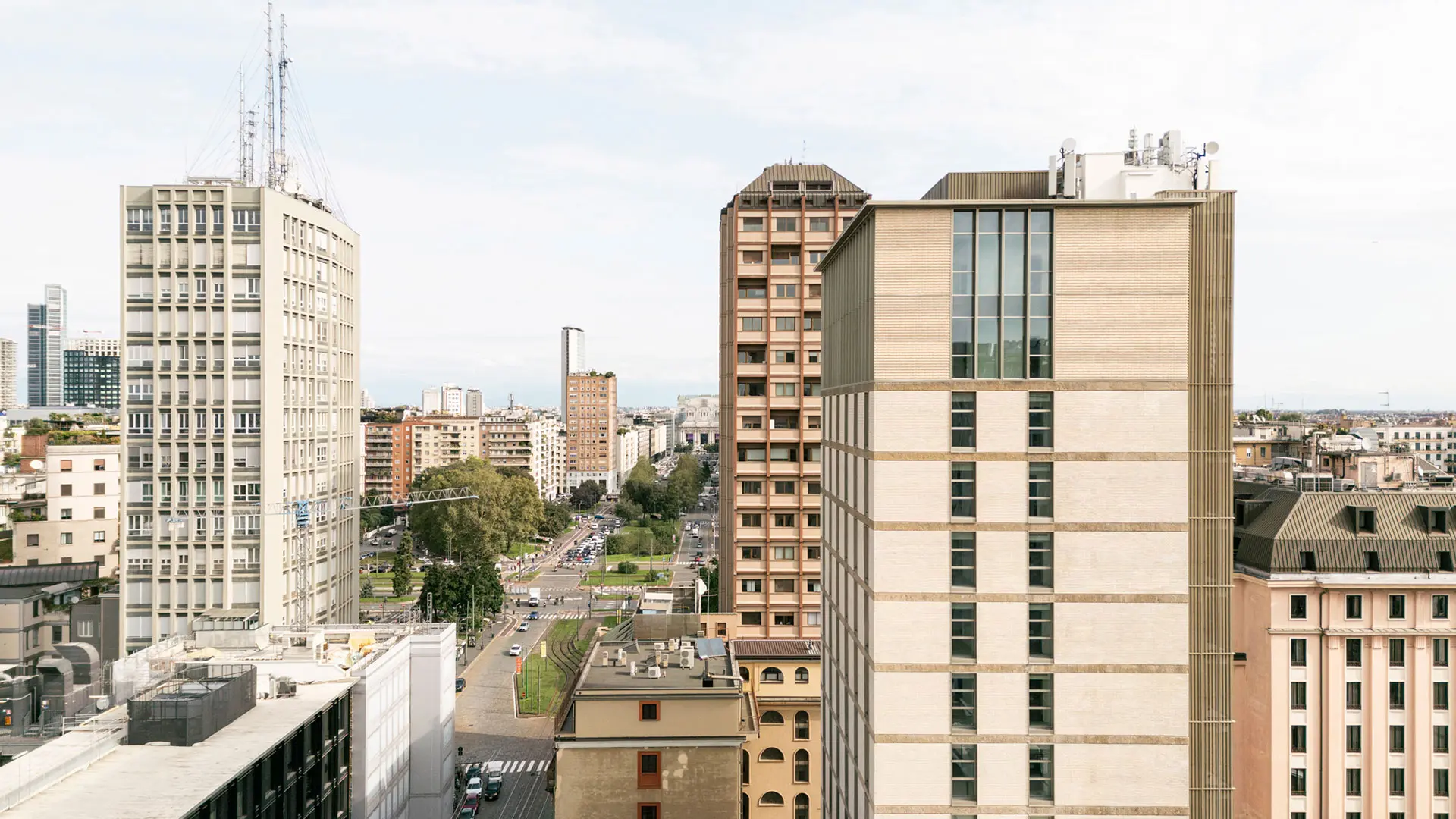In partnership with MiCodmc, a selection of establishments ripe for discovery during the 63rd edition of the Salone del Mobile.Milano, from 8th to 13th April
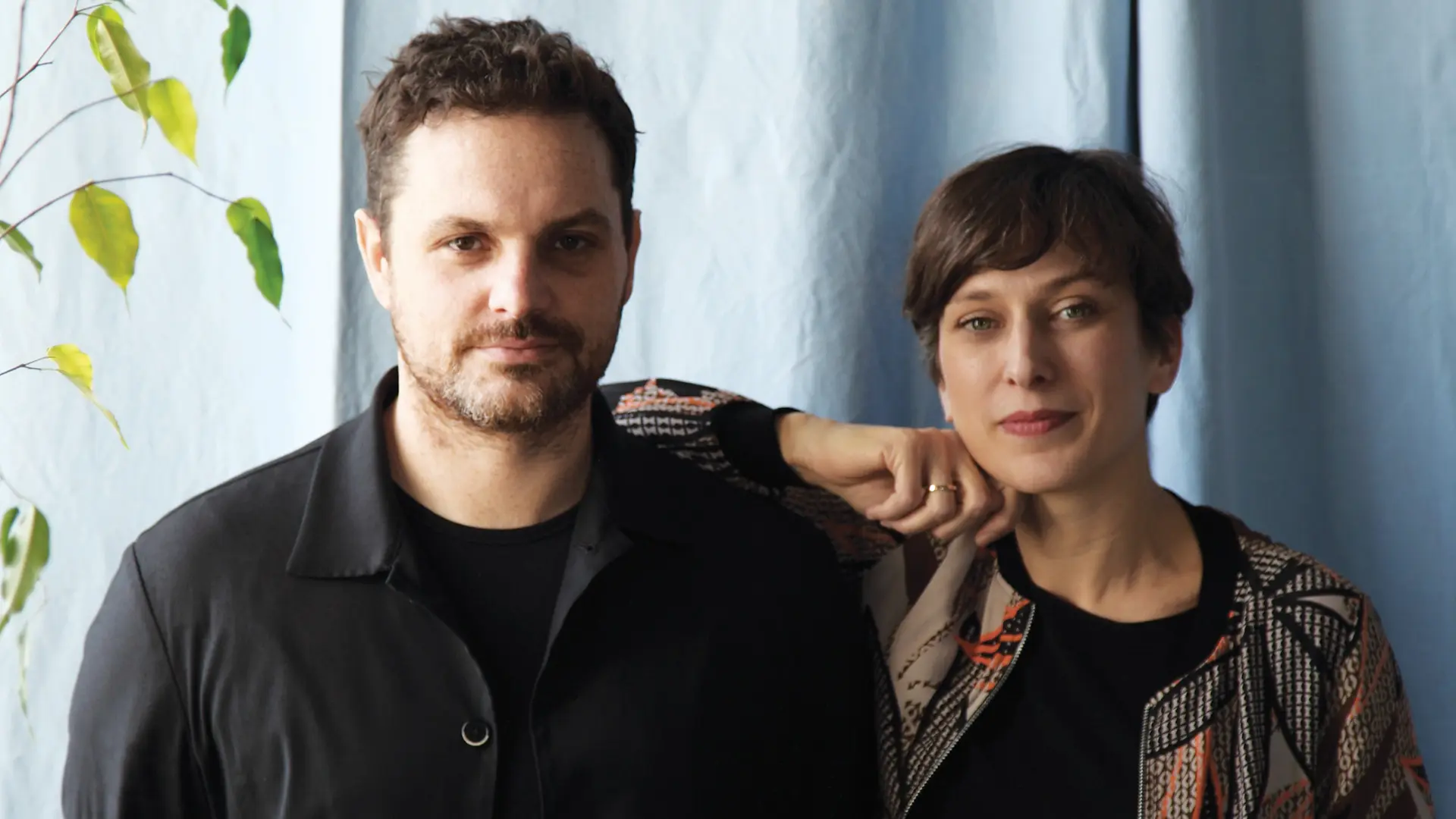
Photo by Oliver C. Haas
Touching on pipe dreams and job-related challenges, an interview with one of the most interesting design studios on the contemporary scene, both in Italy and elsewhere.
Zaven, otherwise known as Venice-based Enrica Cavarzan and Marco Zavagno, are without doubt one of the most interesting creative (and life) partners on the Italian scene, with prestigious collaborations at international level. Positive, enthusiastic about the future, we met them – and steered completely clear of the subject of the pandemic!
Zaven is a perfect abbreviation of our names, it encompasses us both. Zaven is also a proper name, a name often used in other countries. We like to think that the studio and the job have a proper name, an individual and unique identity. We never refer to it as Studio Zaven, just Zaven, simple and direct.
Design is a universal language, we believe in communication as a tool for growth and co-existence. We support the development of ideas and actions geared to improving quality of life, and consequently we design and develop our language leveraging the experiences and lessons from the history of the discipline, attempting to evolve them to respond to the needs and demands of the future. Our projects are bursting with emotions and colours, because they’ve been conceived to be used, but they also need to be tools for knowledge and desire. They have to invite reflection and be able to interpret the transformations of society and its needs; not to produce indifference. Our language develops through the transformation of a two-dimensional, graphic mark in space, exalting the geometry and volume of simple shapes that stand together and interpenetrate to produce new forms.
We were already living together and both working as freelancers, discussing each of our projects every day. This comparison and exchange fuelled a decision to set up a studio together. We always try to give our clients a frame of reference, to create an ongoing and sharing relationship with at least one of us. Saying that, we are all always up to speed, in order to foster transparency and be supported during the most intense periods of our work.
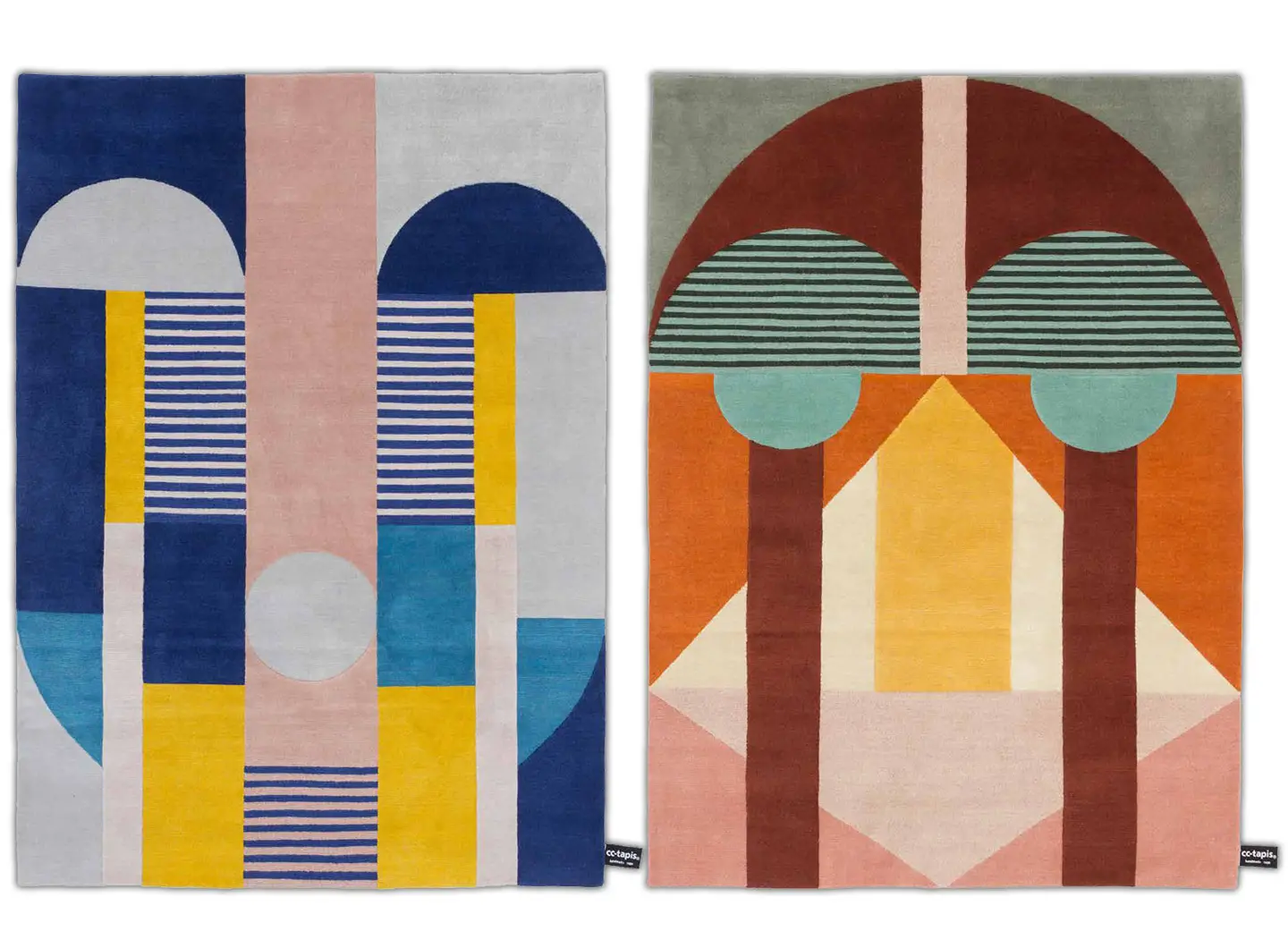
Zo and Chipo, cc-tapis
A combination of lots of different attitudes is what makes a person and a designer. Having an open mind towards the world and people, being good observers, critics, persevering, being patient, being light-hearted and knowing how to have fun.
There are some, obviously, but work and passion ensure that these can be overcome. The most important thing is striking the right note with the client, we are all human beings, and we need amiable relationships; problems often stem from a lack of communication or because we have different objectives. We don’t just work on forms and materials, we also work on ideas and visions.
Most importantly you have to be yourself, find out what people want and take it on board, and build outwards from there. You have to construct your own language, it takes patience, you shouldn’t be afraid of being inspired or guided by the past, but you have to forget styles and fashions, be spontaneous, and naturally have tremendous passion and determination.
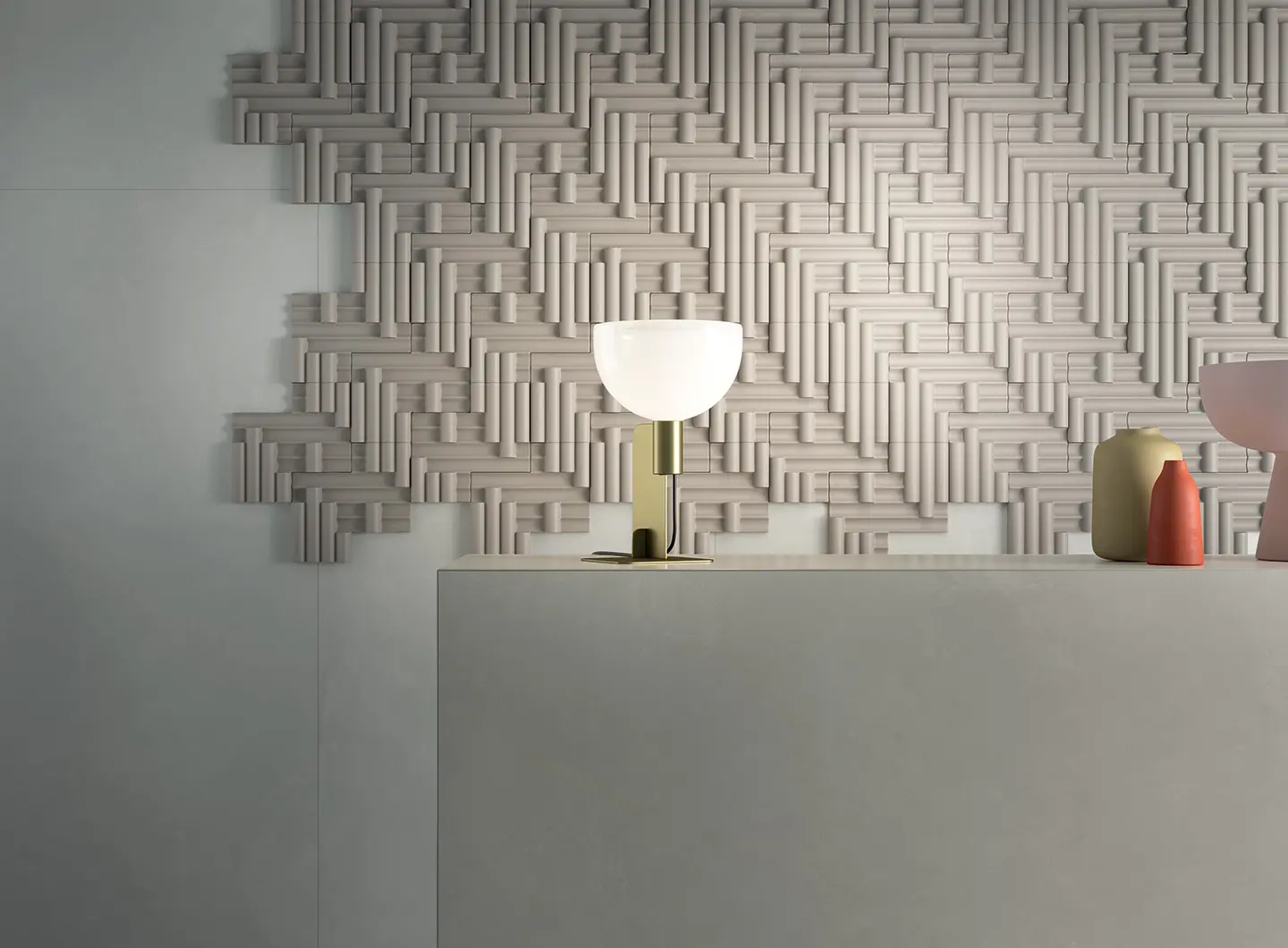
Rilievi, Cedit
All projects have to be taken into consideration; the ones to follow through on are those involving people with whom you can set up a focused, interesting dialogue. You have to bear the human component in mind, which undoubtedly reflects on the everyday side of things, but also on the success of the final project.
It’s not easy to pinpoint precise references, there are so many of them, also because we have a tendency to fall in love very easily. Every project has a lot of visual and formal references fuelled by different disciplines. A word, a sentence, an image, a finish, a song or a piece of clothing, or a detail can all be sources of inspiration. In many projects we gather the different references into folders or small books that we use for filing useful ideas for future re-elaboration.
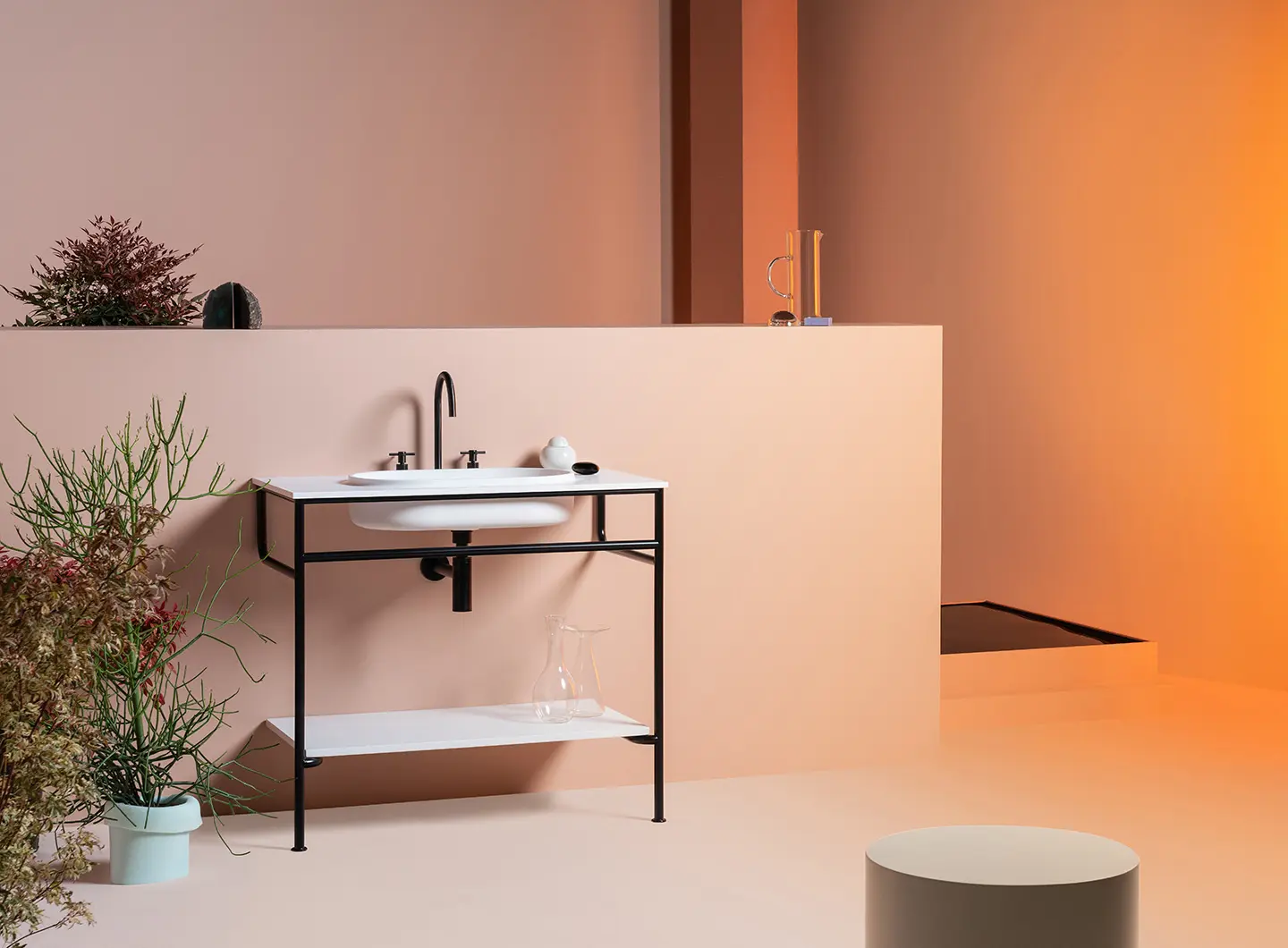
Rise, Kos - © Delfino Sisto Legnani
We are delighted to be presenting a collection of wash basins with Zucchetti-Kos, right now. It’s a project we’ve been really caught up with, and we’re really happy with it. We have designed an object that is as simple as possible, but which is has a precise hallmark. The collection includes support and built-in elements made from a plant-based resin, but using the same mould. Two new products for Novamobili, who we’ve worked with for a number of years, will soon be available, an extending table and a collection of side tables.
We’re working on the new showroom installation for Cleaf, a company that specialises in creating innovative surfaces. Over the last few months, we’ve started working with new clients in the furnishing world, some things will be ready in 2021, others next year.
As well as the traditional work for companies, we are carrying forward our personal research with private commissions and galleries.
In the following order: move premises in order to be able to extend the workshop area, design fabrics, design theatrical scenography and, last but not least, work on a new book.
Zealous. Ambitious. Visionary. Enthusiastic. Natural.
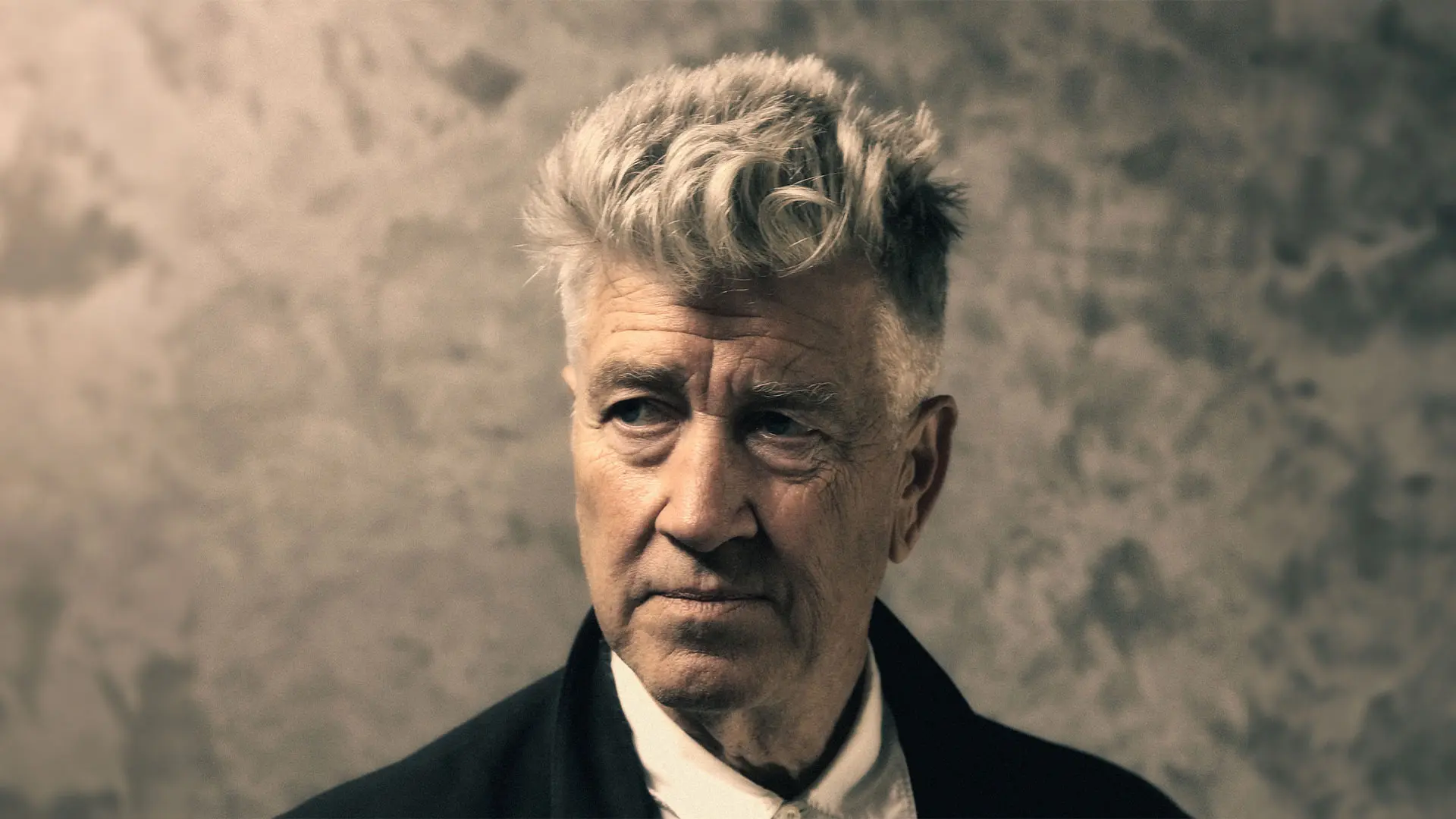
In memoriam: David Lynch
The American director has left us at the age of 78. The Salone del Mobile.Milano had the honor of working with him during its 62nd edition, hosting his immersive installation titled “A Thinking Room”. An extraordinary journey into the depths of the mind and feelings. His vision will continue to be a source of inspiration.



 Stories
Stories
